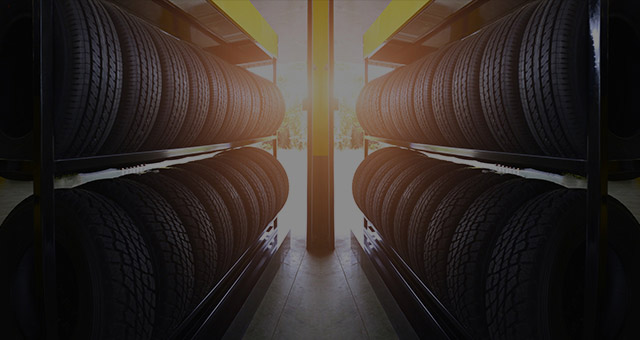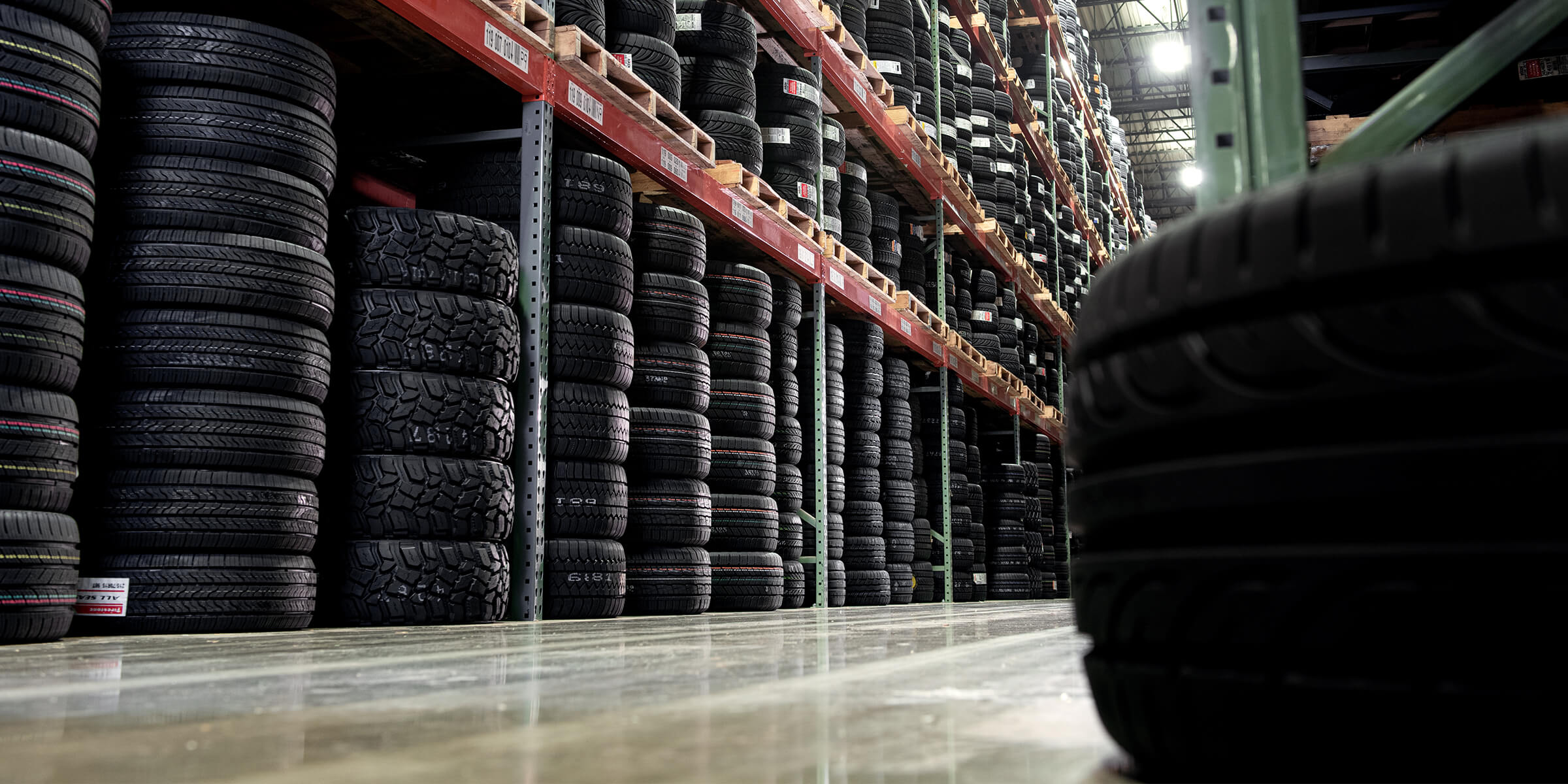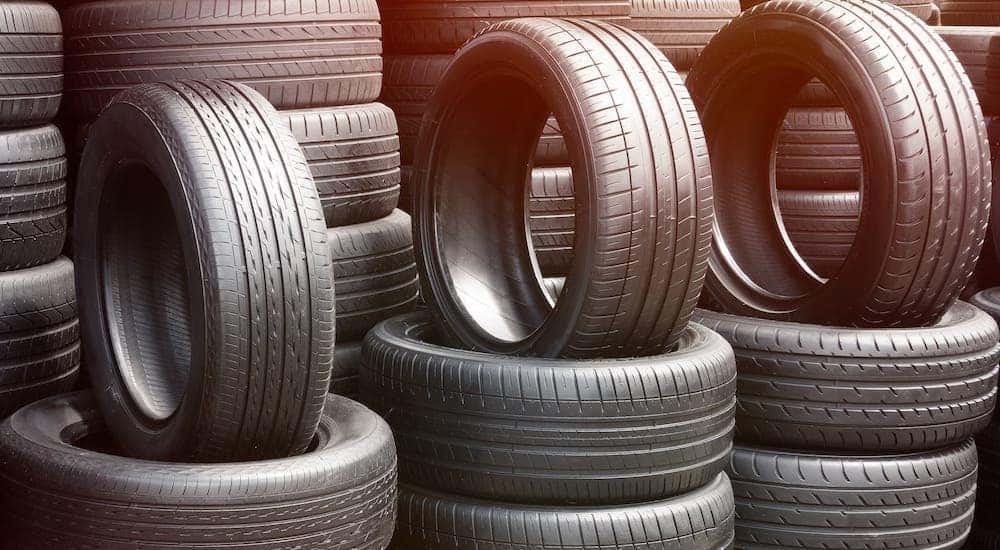Tire Solution: Comprehending Tire Pressure Monitoring Systems
Understanding Tire Pressure Monitoring Solutions (TPMS) is a critical facet of maintaining ideal vehicle efficiency and security on the road. With developments in automotive modern technology, TPMS has actually come to be a typical attribute in modern-day automobiles, giving real-time info on tire pressure levels.

Significance of TPMS
The significance of Tire Stress Tracking Systems (TPMS) hinges on their capacity to boost automobile safety and security and efficiency with real-time tracking of tire pressure degrees. Preserving the proper tire stress is essential for making certain optimum handling, stopping, and general safety of an automobile. TPMS offers vehicle drivers with immediate responses on any type of overinflated or underinflated tires, enabling for prompt changes to be made.
Elements of TPMS
Sensors are commonly situated in the tire valve stem or connected to the wheel assembly, where they determine tire pressure and send information to the control component. Some advanced TPMS versions also display the actual tire pressure readings for each tire, supplying vehicle drivers with real-time info to guarantee optimum tire performance and safety. By keeping track of tire pressure continuously, TPMS aids stop crashes, minimizes tire wear, and enhances fuel performance, making it a crucial component for automobile security and efficiency. tires morris il.
Sorts Of TPMS

On the various other hand, indirect TPMS depends on the lorry's wheel speed sensors to keep an eye on tire pressure. This system finds underinflation by contrasting the rotational speeds of the wheels. Indirect TPMS is much less costly than direct TPMS, as it utilizes existing sensing units within the automobile.
While direct TPMS provides more exact analyses, indirect TPMS is easier in style and typically requires much less upkeep. Both systems have their advantages and restrictions, and the choice between them usually relies on factors such as price, vehicle make, and personal choice. Comprehending the differences between these 2 sorts of TPMS can help lorry owners make notified choices regarding tire maintenance and security.
TPMS Maintenance Tips
Effective upkeep of TPMS is crucial for making certain ideal performance and security of your lorry. Consistently inspecting the TPMS sensors for any damage or rust is vital. Ensure that the sensors are cost-free and clean from particles that might conflict with their functioning. In addition, it is advisable to check the sensing unit batteries periodically and change them as required to assure accurate readings. visit the website Conduct routine look at the tire pressure degrees and contrast them with the TPMS analyses to ensure they correspond. If there are any type of disparities, alter the system adhering to the maker's standards. Furthermore, during tire rotation or replacement, make certain that the TPMS elements are dealt with carefully to stop any kind of prospective damage. Lastly, if the TPMS alerting light illuminates on the control panel, attend to the concern promptly by checking the tire pressures and the total system for any type of mistakes. By sticking to these upkeep tips, you can prolong the life expectancy of your TPMS and enhance the safety of your driving experience.
Benefits of Proper Tire Pressure
Keeping appropriate tire stress, as highlighted in TPMS Upkeep Tips, is essential for reaping the numerous benefits related to optimum tire stress degrees. Among the main benefits of maintaining the appropriate tire stress is improved fuel efficiency. When tires are correctly blown up, there is less moving resistance, causing far better fuel economy. Furthermore, proper tire stress ensures also tire wear, extending the lifespan of the tires and promoting much safer driving conditions. With the ideal tire pressure, lorries additionally have much better handling and traction, particularly in find out here now unfavorable climate condition. This can boost overall driving efficiency and safety and security for the chauffeur and travelers. Maintaining optimum tire stress can add to a smoother and much more comfortable experience by lowering resonances and noise triggered by underinflated tires. In verdict, the benefits of correct tire pressure exceed just tire long life; they encompass boosted fuel effectiveness, improved security, better lorry performance, and overall driving comfort.
Final Thought
In verdict, understanding tire pressure monitoring systems (TPMS) is critical for preserving ideal tire pressure and ensuring lorry safety and security. By identifying the importance of TPMS, being familiar with its components, knowing the different types available, sticking to proper maintenance tips, and realizing the benefits of keeping appropriate tire stress, chauffeurs can enhance their driving experience and extend the life expectancy of their tires. Appropriate tire pressure is key to risk-free and effective vehicle operation.
